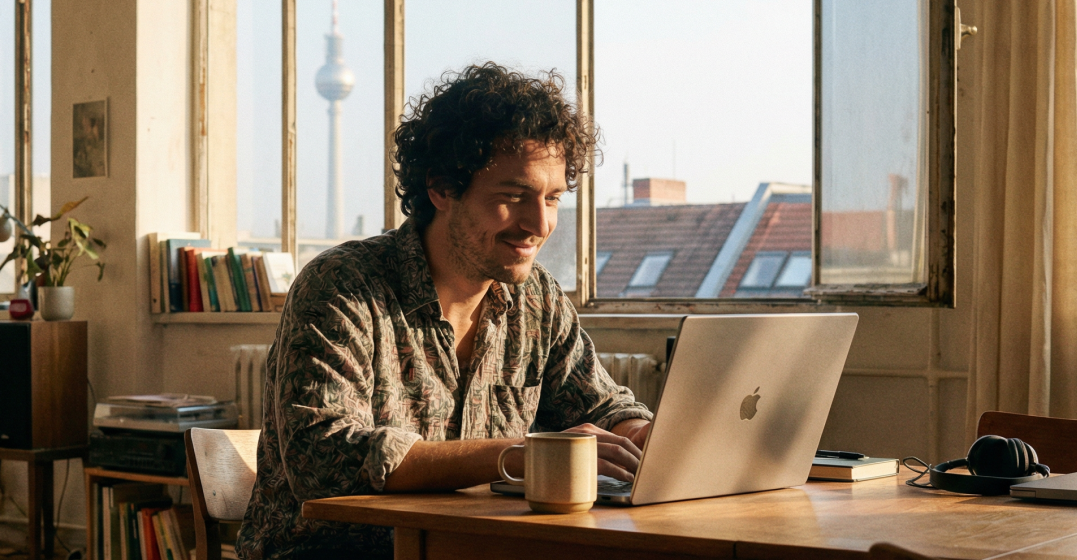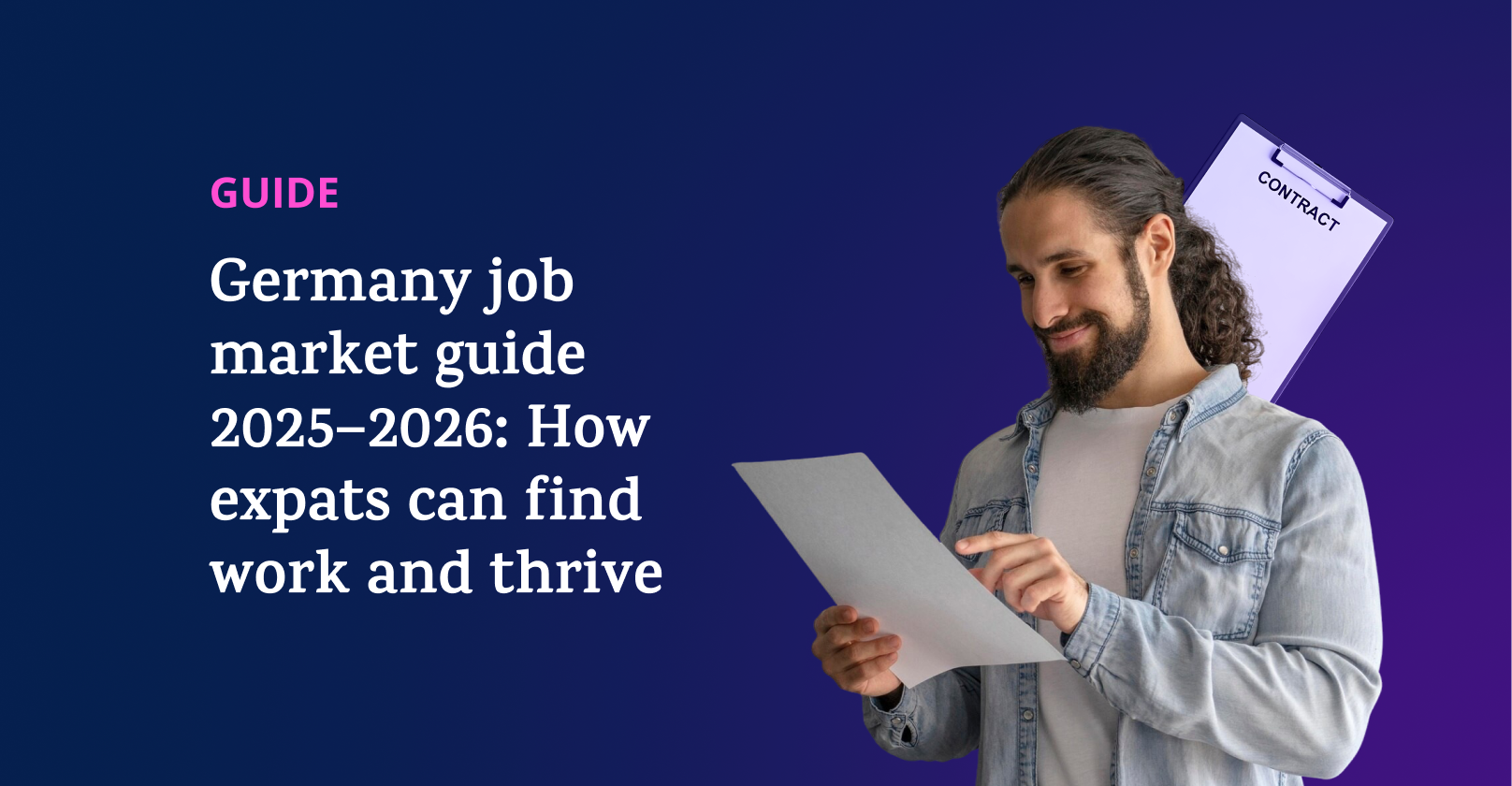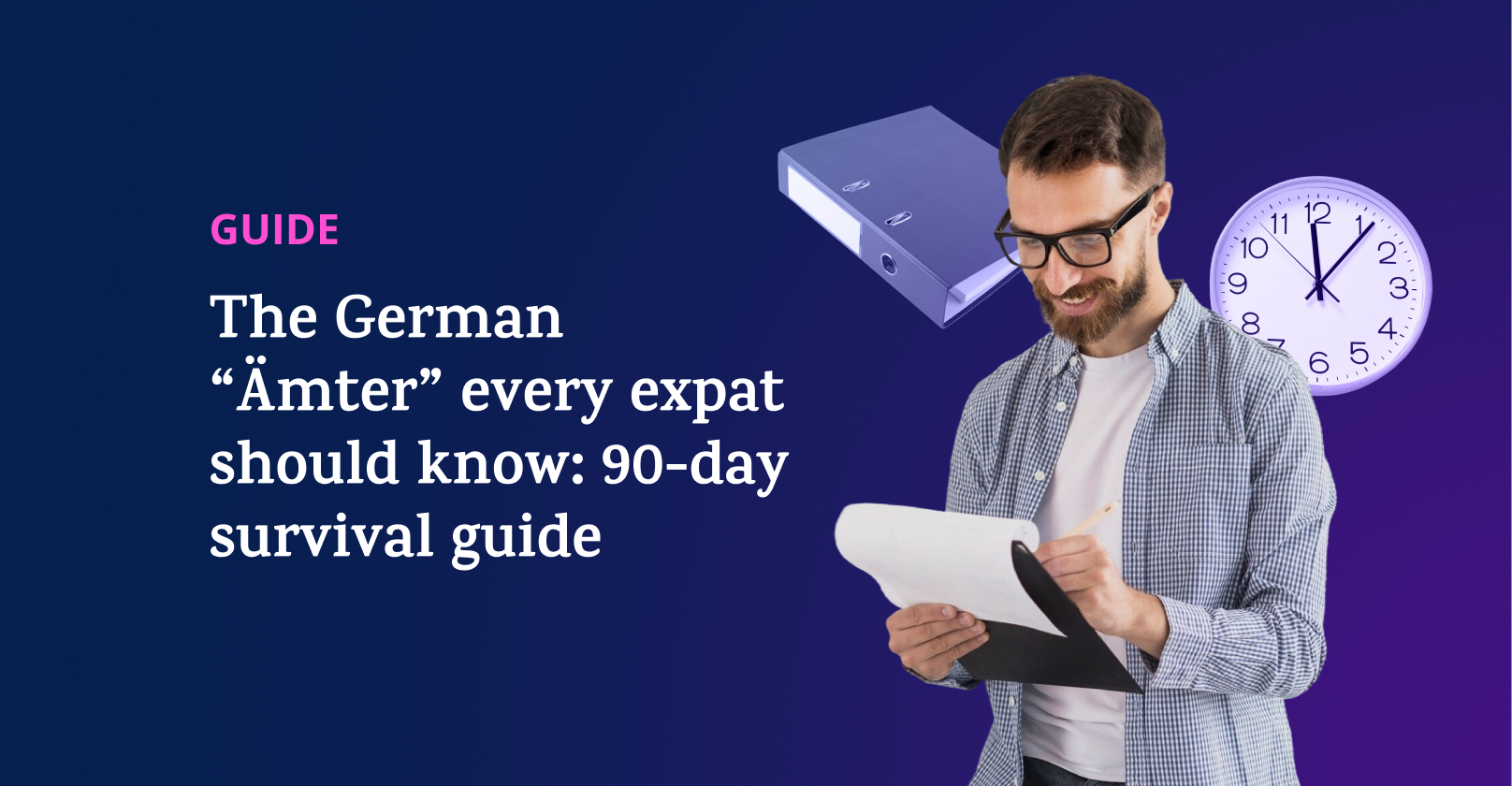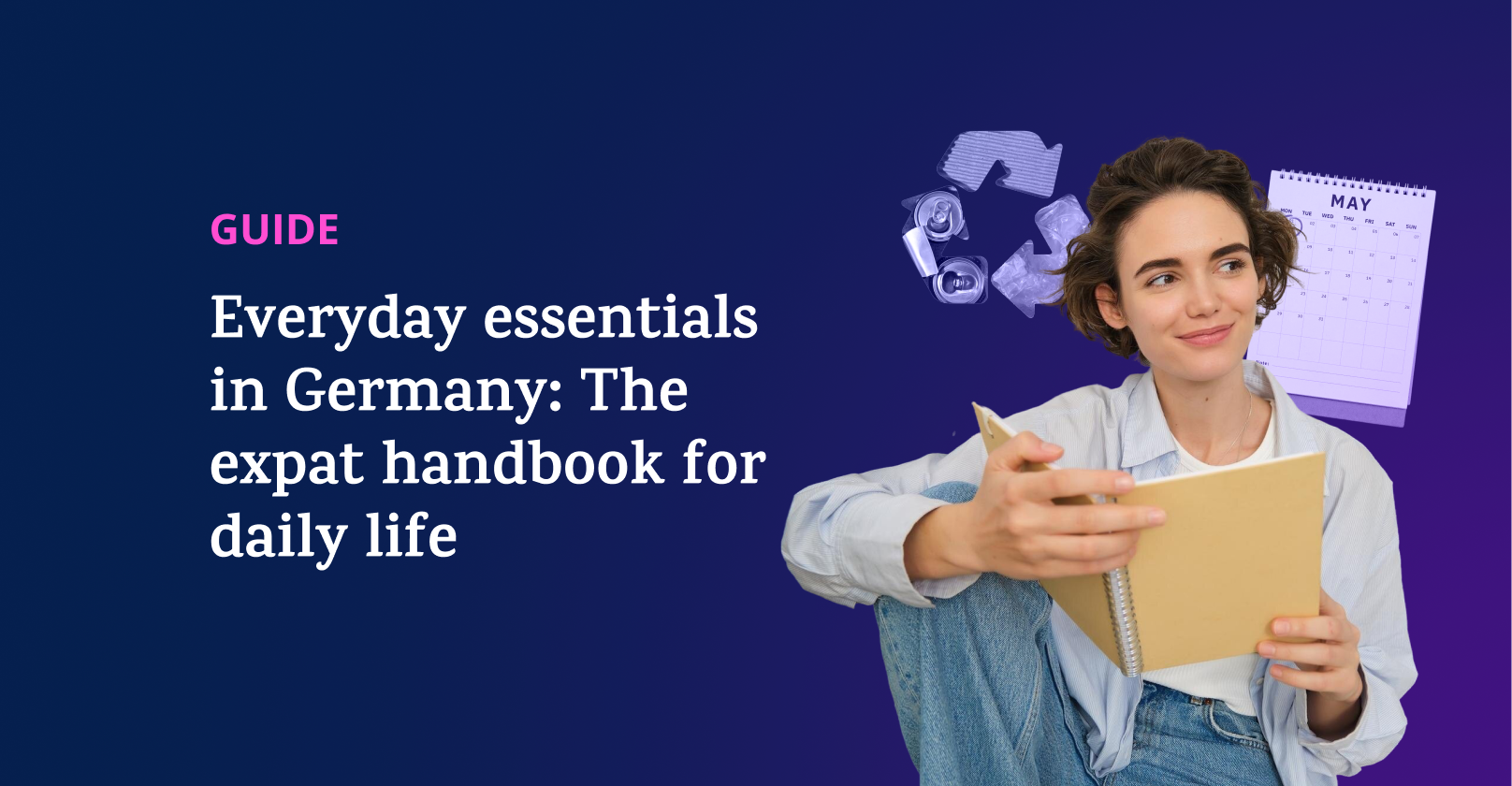Why Christmas markets are the best thing about winter in Germany

You may have heard of (or have experienced if you live here) the dark and gloomy days that Germany is known for in the winter. While this is true to some extent, my favourite time of year in Germany is winter. Am I just crazy? No! Because there are Christmas markets!
If you live here, you’ll likely go to one nearly every day during December. And if you’re visiting as a tourist, be prepared for the best Christmas special you could ever imagine.
How big of a deal is Christmas in Germany?
In Germany, Christmas is life. Not only were Germans the inventors of the concept of decorating Christmas trees, they actually start celebrating Christmas already in the last week of November, which is typically when the Christmas markets open. Add advent calendars to that and you’ve got daily Christmas celebrations for five weeks in total. Even the bakeries participate by adding new and delicious Christmas-related delicacies to their wide assortment of baked goods. If you love Christmas as much as I do, December in Germany is the place to be for you.
4 reasons to visit a Christmas market this winter
If you’ve never heard of or been to a German Christmas market before, you’ve got a real treat in store. I can confirm that German Christmas markets are simply the best in the globe, as I’ve tried them in France, the US, the Netherlands, and the UK and they simply aren’t on the same level. Yes, I am biased, but I’ve had many friends say that same, so I can assure you that you won’t be disappointed.
1. Glühwein
Glühwein (or mulled wine in English), is a type of warm, spiced wine. It’s the one and only time of year that wine takes an even higher priority than beer in German culture. There are versions of Glühwein from red wine, white wine, flavour combinations like Holunder (elderflower), and a slight variation known as Feuerzangenbowle. This word I can’t really translate, because it doesn’t exist in English, but basically it’s Glühwein with a sugar cube on top that’s soaked in rum and set on fire when served to you. As the sugar cube melts, the drippings fall into the Glühwein and make it taste extra special (and hardcore).
And even better, most of the time Glühwein comes in special Christmas mugs that are often unique for that year, that city, and even that specific Christmas market. When you order Glühwein, it comes in the mug and you pay an extra one or two euros as a Pfand (deposit) for that mug. If you want to keep the mug, just don’t return it, as you’ve already paid. The mugs are so adorable that I’ve collected nearly 30 of them to display at home (shh…let’s keep that part a secret).
Btw…if you’re not a fan of Glühwein, they’ve also got Eierpunsch and hot chocolate (even spiked with rum if you please).
Christmas food in Canada, Germany and the UK
2. Awesome food
If you’re a foodie or just generally appreciate yummy food, Christmas markets have some of the best German food you’ll find in the entire year. I spend the months prior to Christmas markets dreaming of the Kartoffelpuffer mit Apfelmus (potato pancakes with applesauce), sugar-coated roasted almonds, Knoblauchbrot (garlic bread, but not something you get at an Italian restaurant), crepes covered in Marzipan (almond paste), Spätzle (a bit like German mac n cheese), and Schmalzkuchen (fried dough balls covered in powdered sugar).
That is just a small sample of what you’ll get along with many other items. For specific regions and festivals, there will even be further types of foods from within and outside of Germany. Either way, it’s the perfect way to end your day with a full belly and a smile on your face.
Merry Christmas and Happy New Year in 20 Languages!
3. Finish your Christmas shopping early
If you’re not already convinced to visit every Christmas market in Germany, another reason to go is the shopping. Most Christmas markets have stalls from independent, local retailers who’ve made special items specifically for Christmas such as hand-made paintings, woodwork, engraved journals, hand-made cards, not to mention all the easily packageable chocolates and truffles. It’s the perfect time to buy gifts for all your loved ones and even treat yourself if you so choose.
Best Christmas movies for learning English
4. Stay warm with close friends
Many of us who live in Germany struggle with the darkness of the winter. The days become so short that we start and end work in the dark, while also dealing with cold and snowy weather (or rain if you’re in Hamburg). This weather can affect your mood and I’ve found that Christmas markets are the perfect medicine for that, because they’re bright, warm, and of course you go with those closest to you. It’s that warm communalism that enables you to make it through to the next year (and certainly a bit of Glühwein and chocolate doesn’t hurt, either).
German Christmas and New Year’s traditions
Are German Christmas markets in 2020 cancelled due to COVID-19?
It broke our hearts to know that Oktoberfest in Munich was cancelled this year due to COVID-19, but what will happen with Christmas markets? According to Die Welt on September 21, some may still take place, but as a “slimmed down” version.
There are two factors here that politicians are considering: “the emotional need for normalcy” on behalf of the people, and the impact that Christmas markets have on local economies. In 2015, the sales value of Christmas markets in Germany more than doubled that of the second highest contender, France, and no doubt that number has risen in recent years. To which extent Christmas markets will take place and what activities will be available is still under discussion at the state level.













